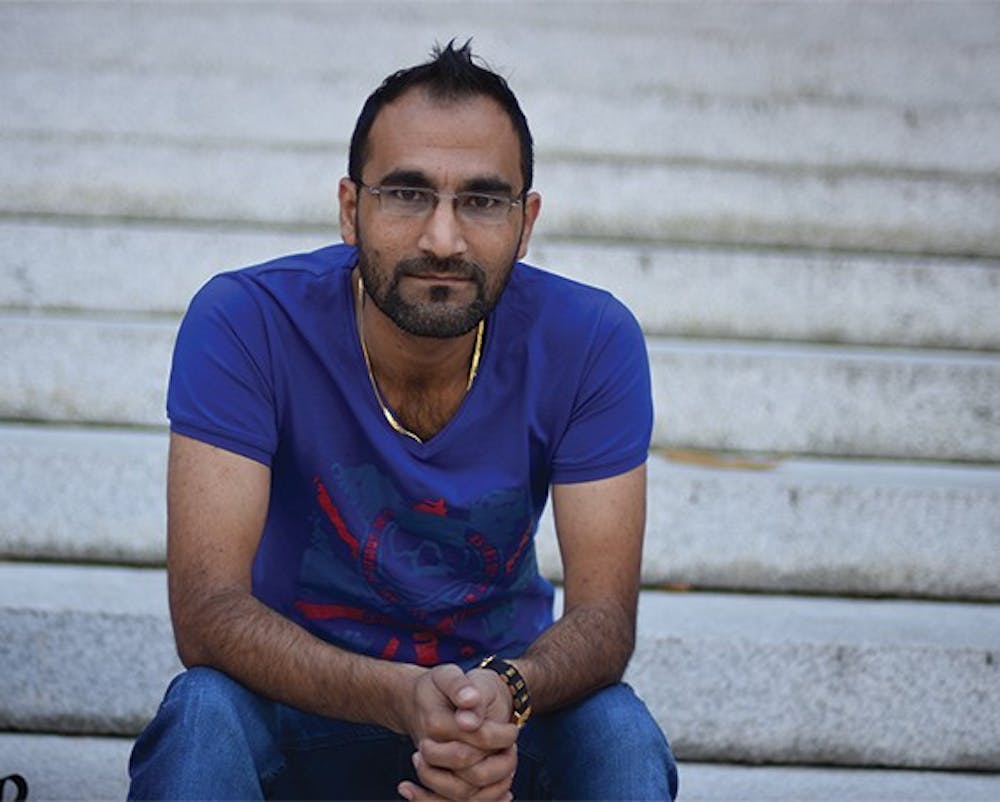The UNC junior’s first arrest was at the University of Aleppo, where he was a student. He spent a month in prison for having a Kurdish book in his dorm room.
Frustrated with the repression of his culture’s history and language, Rushk then opened a Kurdish school at his home in Syria, with books illegally brought in from Turkey. Within three months of its opening, he was arrested again and jailed for seven months.
After suffering psychological and physical abuse while in prison and being threatened by the Syrian government with the possibility of more jail time, Rushk fled Syria in 2005.
He illegally crossed the border into Lebanon and hiked through the mountains with no possessions aside from bribe money tucked away in his pockets.
He lived there in the capital city of Beirut for five years. During this time, he applied to the United Nations for refugee status, an exhaustive two-year process that eventually legalized Rushk’s stay in Lebanon.
He then applied for resettlement in the U.S. Five years after leaving Syria, Rushk was placed in a one-bedroom apartment in Durham, given one month’s rent and told to find a job.
“It was a gift for me, I was happy for that,” Rushk said. “I had a one chair, I had one bed and I had a table to eat — that was awesome for me.”
Rushk enrolled in an English as a second language program at Durham Technical Community College, where he earned an associate’s degree in science. He became a U.S. citizen last summer and entered UNC this fall.




